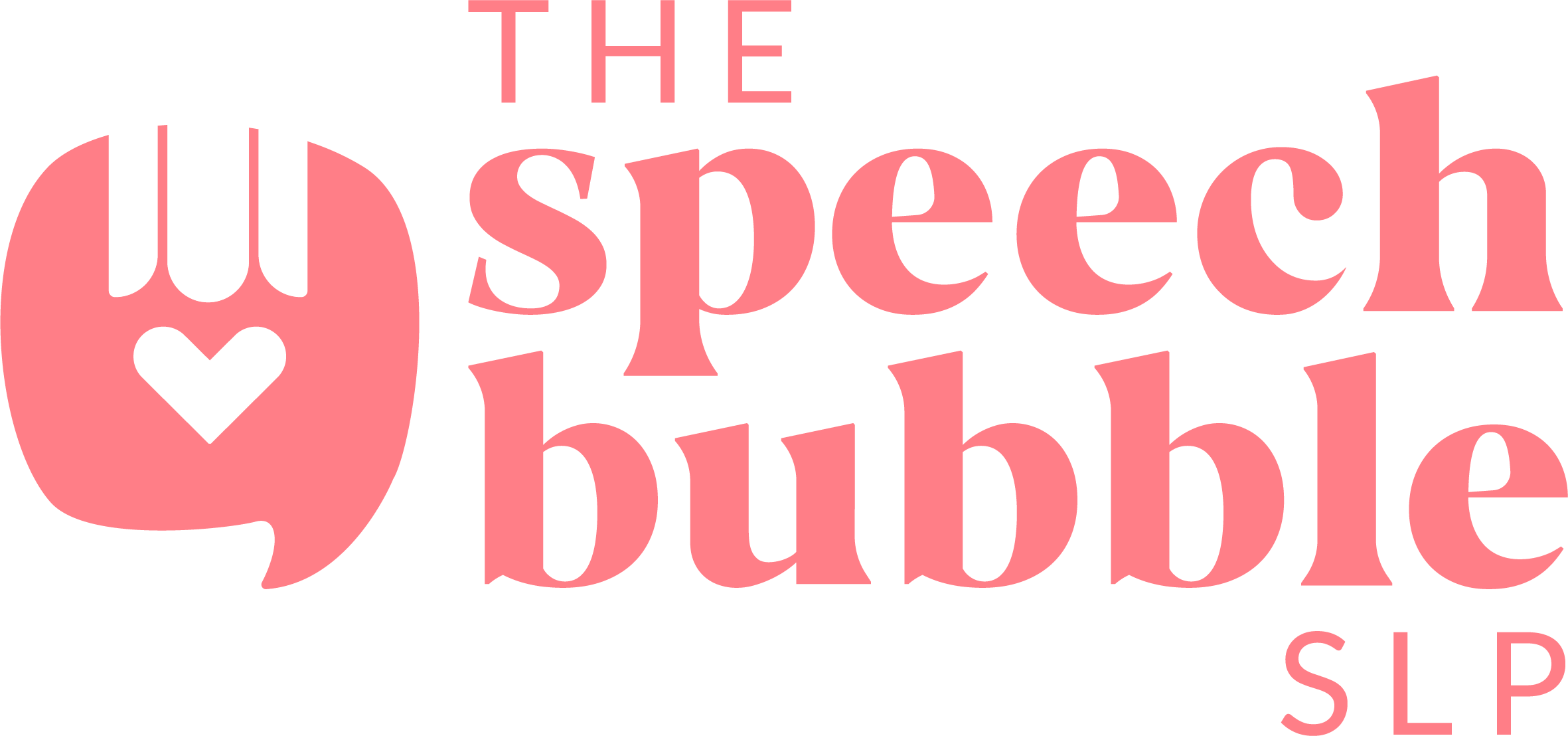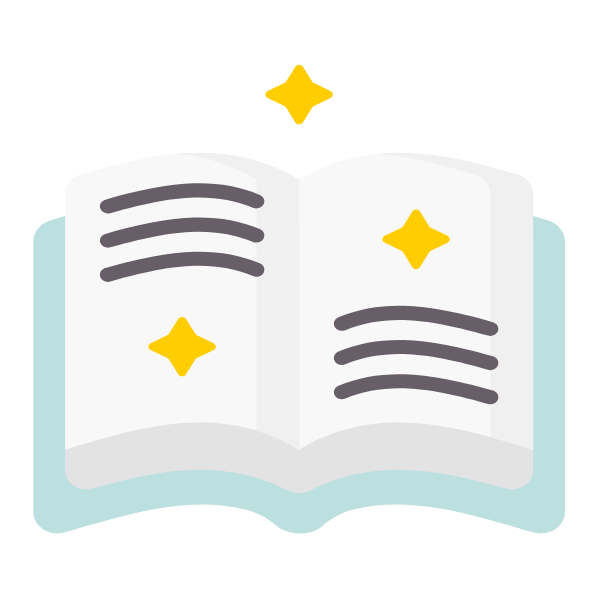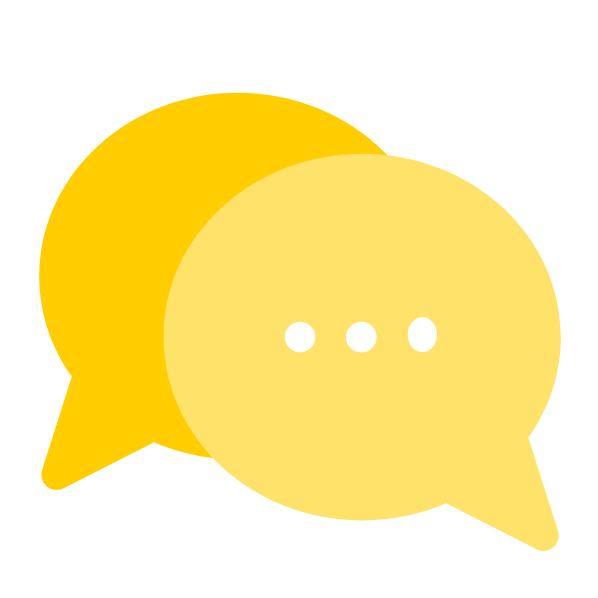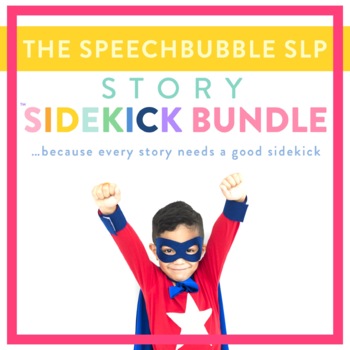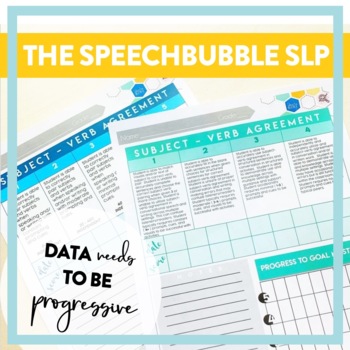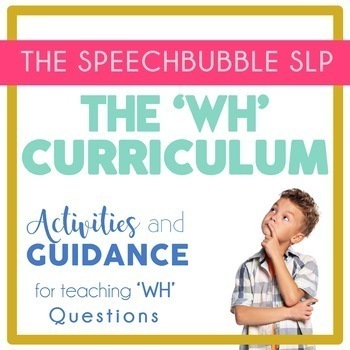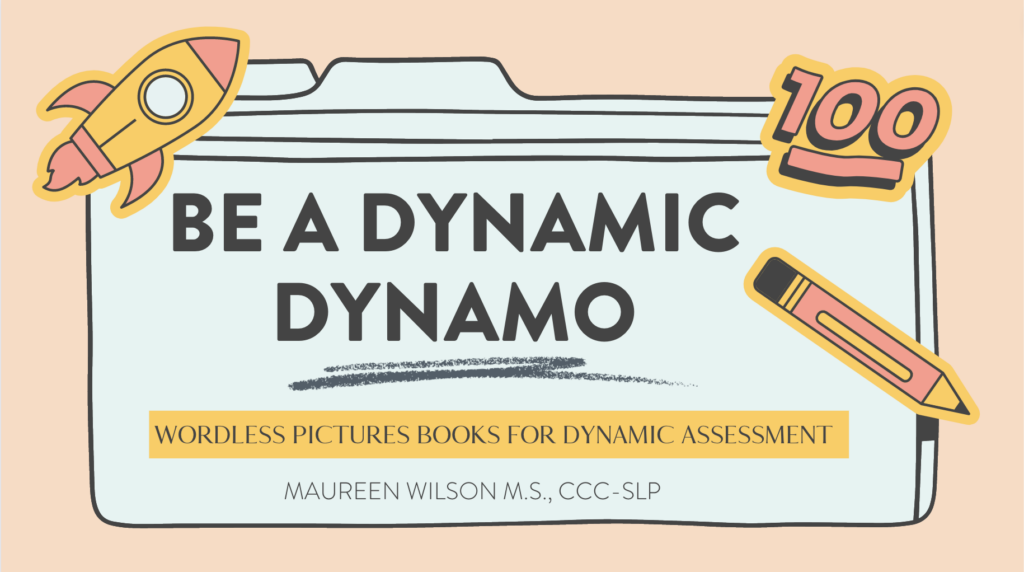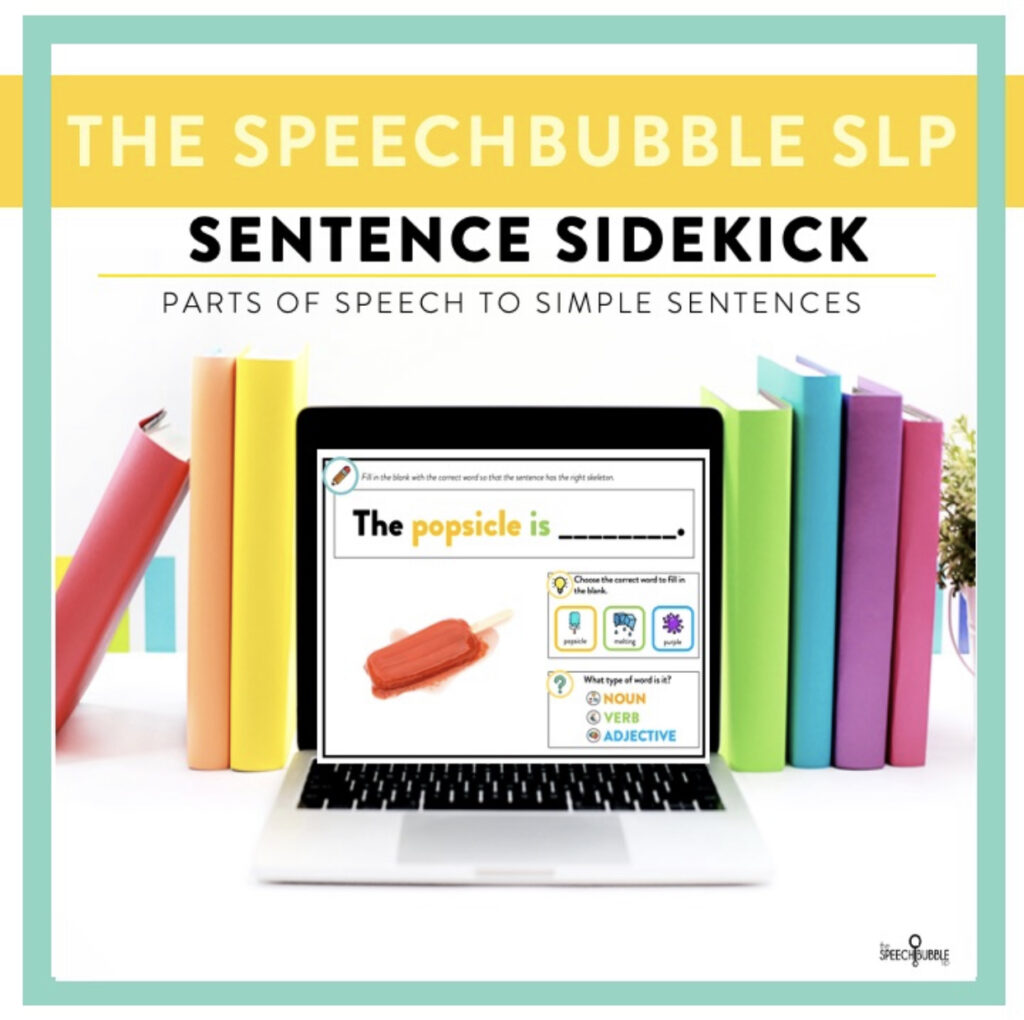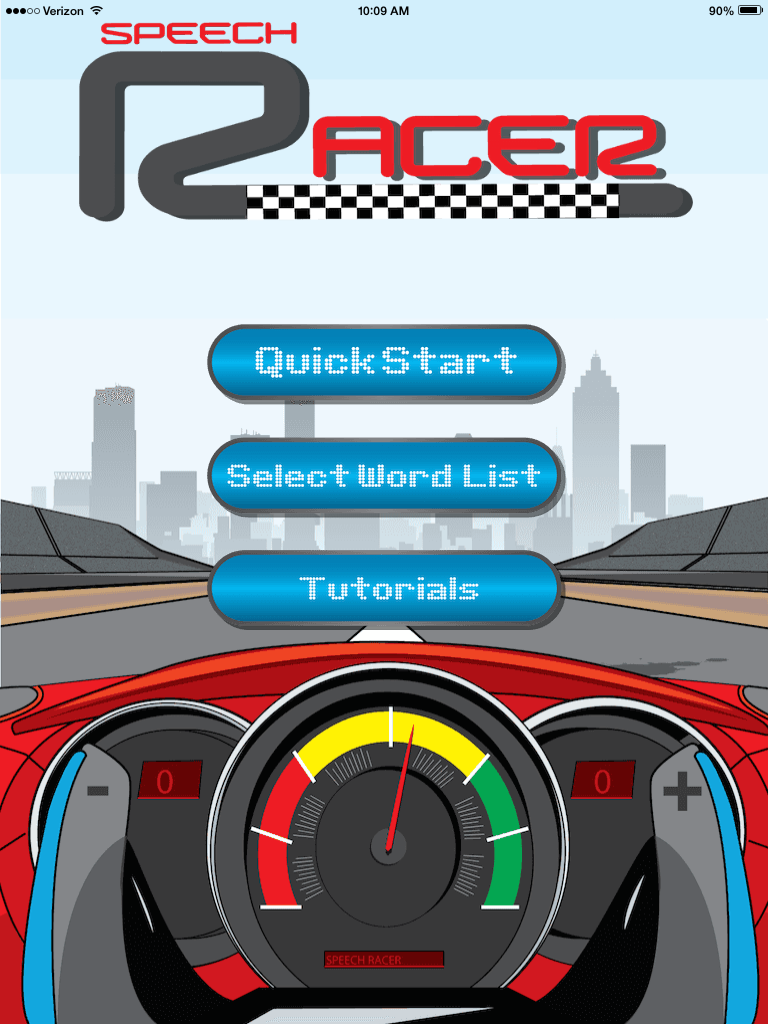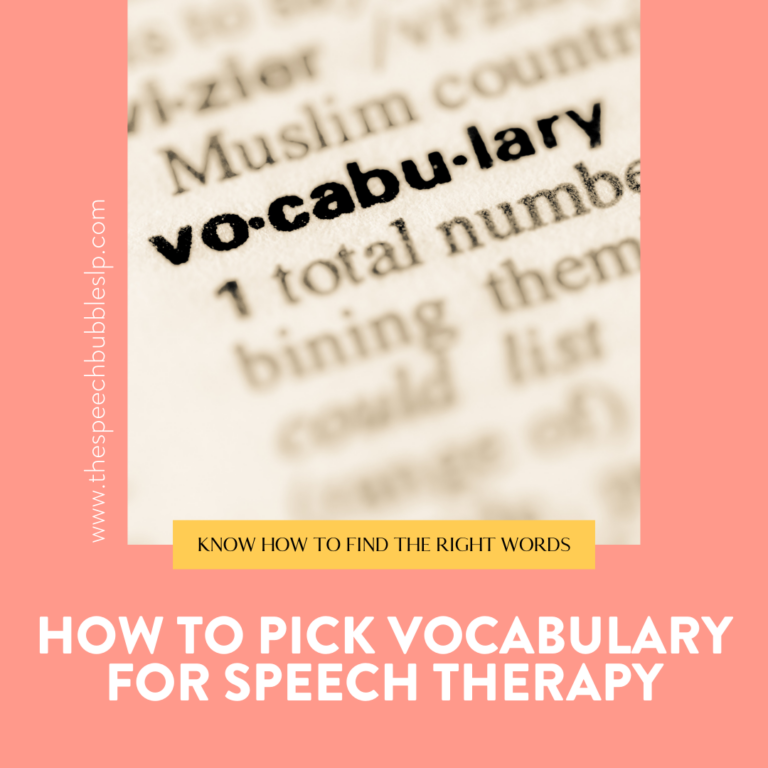
Back to school, apples, pumpkins, Halloween, Fall, Thanksgiving, turkey, Christmas, Hanukah, winter, snowmen…the beginning of the year is packed with themes and ideas for therapy. Then, February has Valentine’s Day, March has St. Patrick’s Day and so on…but what about January? By the time you get back to school the New Year has had its moment and is done. There isn’t a really big holiday to focus the whole month around. So what can you do in January?
Here are some ideas to make transitioning back into the swing of things a bit easier.
Picture Books
Books are fabulous tools for therapy. You can read my post about Literacy Based Therapy for more info on them. Picture books tend to get forgotten about or cast aside for being to ‘babyish’. Well, they are anything but that! If a typical book is an SLPs Swiss Army knife, i.e. lots of uses in one compact tool, then picture books are that crazy all in one tool you got on Amazon that has 50 uses and has a bottle opener. Picture books are insanely flexible and since they are so open due to of the lack of text, you can integrate pretty much anything your kids are working on. Making January, ‘Picture Book Month’ is a great, low prep activity for you and still is enriching for your kids. I use them with my 3-5 year old walk-in students as well as my K-5 kids. I will use them same book with all of them and haven’t gotten a complaint yet.
Some great books to use are:
- Chalk
- Fossil
- The Typewriter
- Mary Had a Little Lizard
- Journey This is actually the first in a picture book trilogy. My older kids have loved them.
SCIENCE
This is a great month to get hands-on! There are simple science experiments all over Pinterest that you can use in speech. You can do volcanoes, elephant toothpaste, making geodes, making rock candy ( a personal favorite ), etc. These activities are perfect for integrating classroom vocabulary, maybe even getting your kids ahead of the game with some of the sciency terms they will hear in their classrooms this new year. You can also practice concept words, describing, synax, etc. Science activities, much like picture books can be use with your entire caseload which means you can do one experiment a week and adapt it for your groups. With my older kids I may find a related article about experiment and use that practice comprehension and context clues. Wonderopolis is a great site for older kids and Mystery Doug has videos that are very engaging and pair well with these experiments too.
If you are thinking about making geodes or doing some rock or crystal type of activity you NEED to check out this Rock n Gem activity from Learning Resources. I got it for my kids as an impulse buy a few weeks ago and they have been obsessed! I played it with my son first before bringing it to school, because if you want an honest opinion as a three year old. He loved it so much that he asked Santa for his own! Spoiler alert, Santa came thru 😉
If you have kids where vocab is their struggle, try VocabGrabber. It is a site that let’s you copy and past articles in and it will ‘grab’ the tier 2 words that pop up in it along with how they are used in the article.
YETI
If you prefer to stay with a chilly outdoor theme to match the weather outside, might I suggest a month of Yeti! This creature doesn’t get the attention he deserves 😉 There are tons of fun Yeti stories for your littles and cool articles about Yetis and Bigfoot for your older kids. Having them compare and contrast Yeti and Bigfoot could be a fun way to target those snytax and comprehension goals.
- Print some yeti pictures or clipart and tape them to the wall, add some numbers and they become instant Yeti points for any game.
- Games like Yeti in my Spaghetti and Yeti Set Go! are on point with the theme and super fun for kids.
- Do a Yeti paper plate craft paired with the book the Thing About Yetis.
If you have activity or theme that you use during January, share it in the comments!

*This post contains affiliate links
